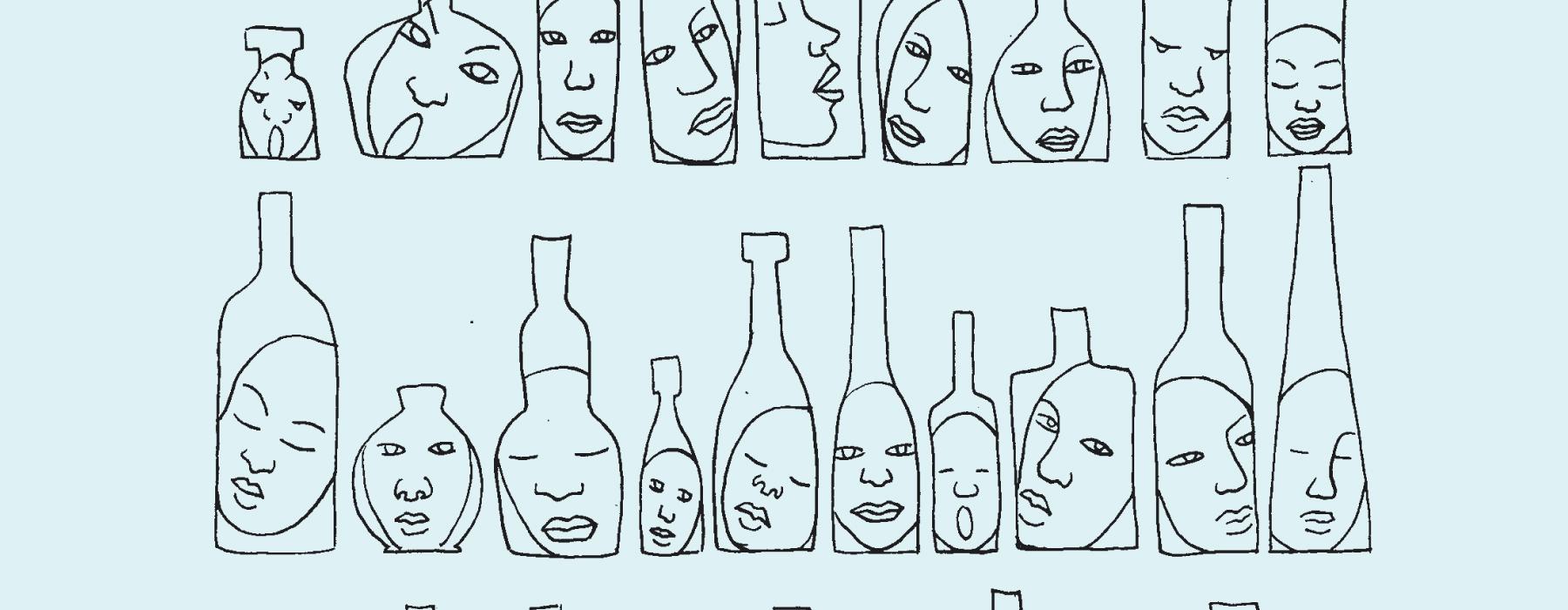
A Regarded Self offers a provocative inquiry into community, as it reflects the “moral principles, politicized perspectives, and established critical frameworks” that shape our reading practices. The book considers “disorderly” feminine Caribbean literary protagonists who “offend, disturb, and reorder the world around them,” challenging their narrative communities – and communities of readers – in ways that call for vigilance with respect to our scholarly codes of inclusion and exclusion. Just as Martinican writer-intellectual Édouard Glissant enjoins us to think about opacity as praxis of resistance on a collective level, Glover asks how we might embrace a similarly careful respect for the singularity of the individual subject. She further asks how we might better care for those individuals who, in their refusal or incapacity to belong, demand more capacious notions of community. Ultimately, Glover invites us to think through what it would mean were we, in and as communities, to endlessly queer ourselves.
At some level (or perhaps in its essence), the work of an ethnographic museum in the afterlives of colonialism and slavery is about showing how narratives that can be perceived as disorderly, are in fact acts of generosity, prescient of how we might fashion better ways to live together. If our ethnographic museums purport to tell a story of humankind and, increasingly, to understand humanness as what Achille Mbembe, Kyle Whyte, and Sylvia Wynter posit as beingness (see our Caring Matters events), then our main work is to better tell stories that create futures that make sense for more of us. In line with such efforts, Glover’s work exhorts us to think through how our narratives might “honor refusal” (4), how they might and should be “disorderly,” how they might form the basis of thinking and crafting community otherwise. That is, as curator and scholar Carine Zaayman has posited, common interest and self-interest need not be mutually exclusive.
Glover’s work also pushes us to re-value affective and emotional registers often judged inappropriate, unprofessional, or illegitimate (i.e. anger, sadness, even narcissism). As such, we pointedly invite Glover as a means of preparing the upcoming symposium we are co-organizing, Inward/Outward. This year’s edition focuses on Emotion in the Archive, which probes the status of moving image and sound archives as they intertwine with questions of coloniality, identity, and race. The work we are doing in this context seeks to bring theory and practice into dialogue by drawing together people from varying professional and creative backgrounds.



